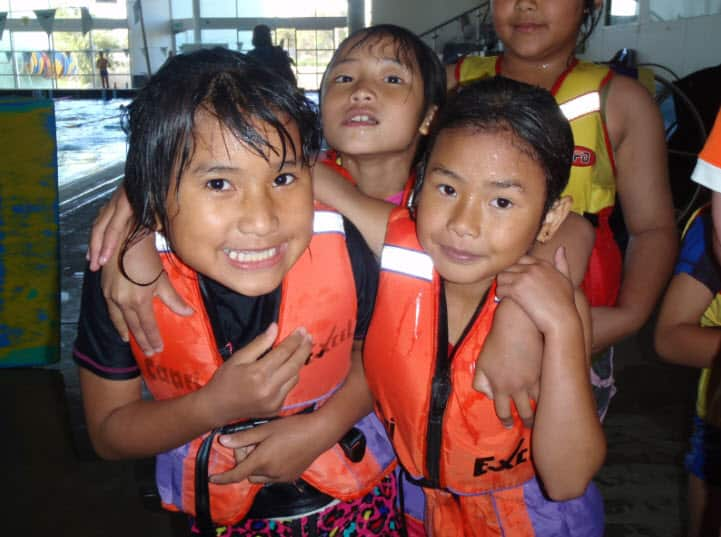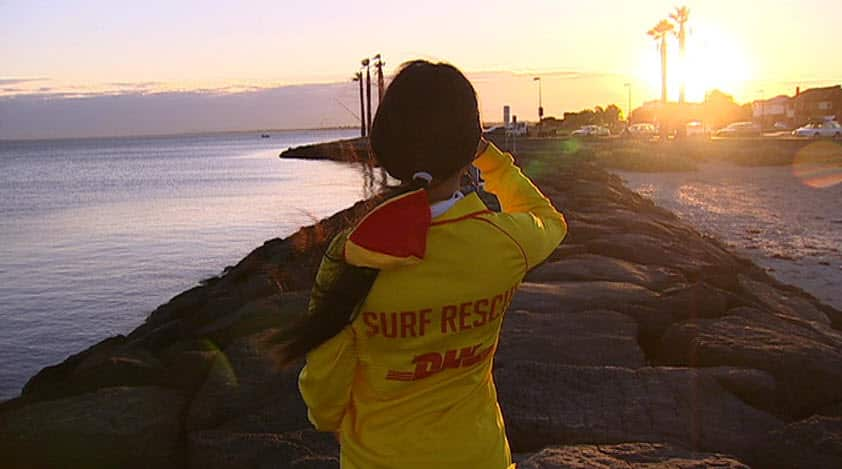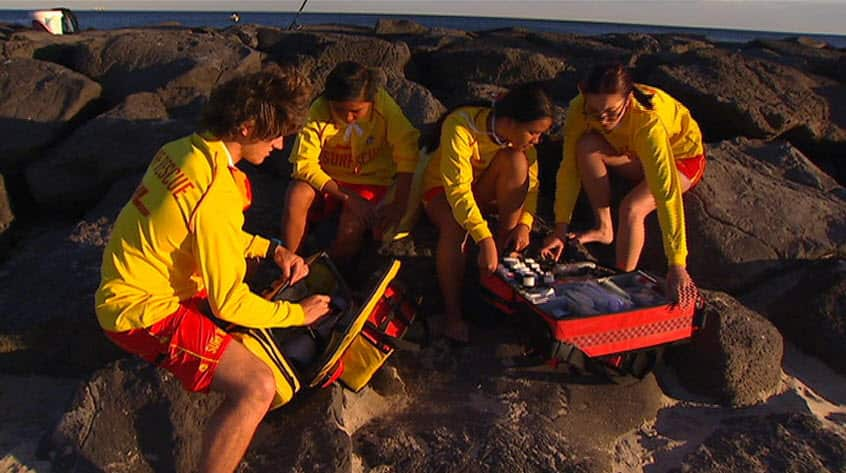Born in a refugee camp on the Thai-Burma border, Thei-lay Paw had never stepped foot on a beach.
Eight years after arriving in Australia, she now patrols one.
"When I first saw the beach I was excited and scared at the same time, because I had never done swimming before," she told SBS.
At 14 years old, she's completed her surf rescue training and is gearing up to join the patrol on Williamstown beach.

Thei-lay is the first female ethnic-Karen lifeguard in the state.
"It's really good and people look up to you,” she said.
“When they see you walk down the beach they ask if you've saved anyone and they're really friendly and really happy.”
Thei-lay arrived in Australia as a six-year-old in 2007, as her family sought asylum from persecution in Burma. Before arriving in the country, she had never experienced life outside of a refugee camp, where she and most of her four siblings were born.
Her mother Mi Ngay said learning to swim was a major priority for her and her children when they first came to live in Melbourne's south-west. She enrolled the whole family in a learn to swim program, and now they boast two lifeguards and two swimming teachers amongst them.

"I'm very proud of Thei-lay and very excited for her, so are my family and my community," she said.
Life Saving Victoria said the family is a great example to others.
Recent figures show tourists and newly arrived migrants make up a significant number of drowning incidents in recent years.
National life saving figures don't take into consideration nationality, but over the past two years up to 22 per cent of drowning fatalities in Victoria were foreign nationals. In Western Australia, that figure has been as high as 52 per cent since 2013.

Life Saving Victoria said country of birth was unknown in three out of four drowning and isn't recorded in non-fatal incidents, but the organisation's David Holland said the figure is significant.
"They'll be some years when it's 14 per cent, they'll be other years where its 30 per cent,” he said.
“It's something we're always very concerned about.”
With the help of people like Thei-lay, it's a trend they hope to reverse before next summer.
